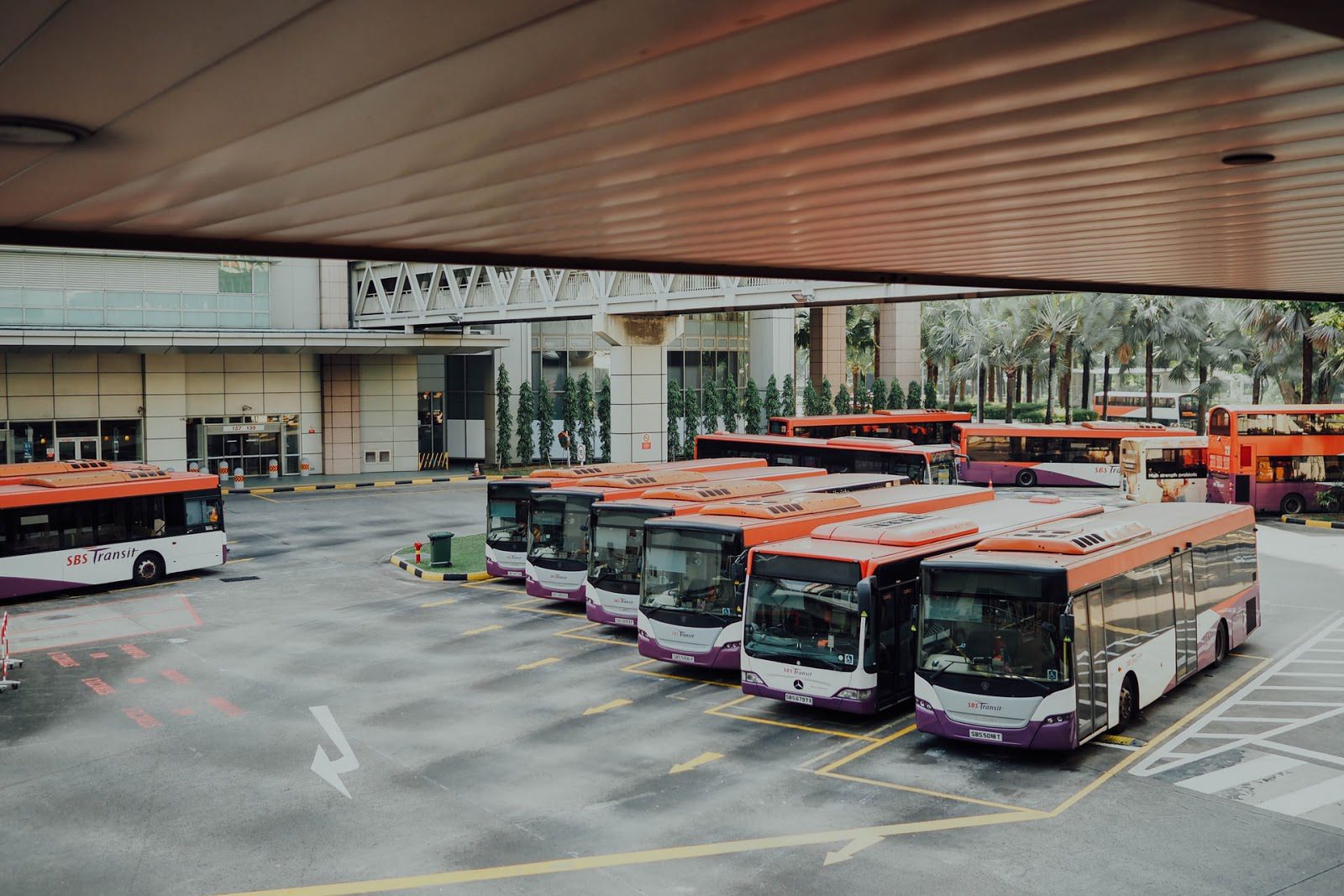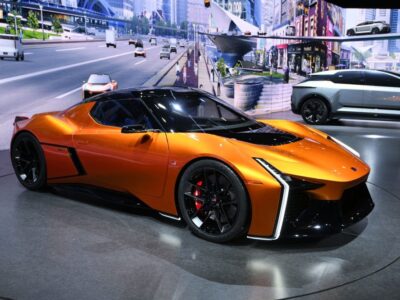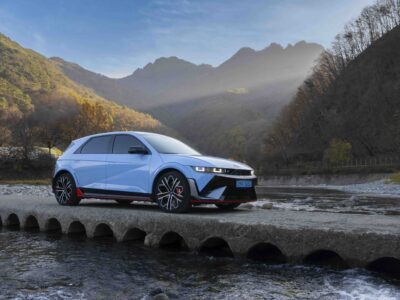The town of Chapel Hill, North Carolina will begin using electric cars and buses as part of their public transportation fleet.
Chapel Hill Transit has already purchased 16 electric cars and three buses, with an additional seven buses slated to arrive next year. The buses should be in regular use by the fall.
“Chapel Hill Transit’s use of electric buses is an important step in continuing our community’s reduction of greenhouse gas emissions,” said Michael Piehler, UNC chief sustainability officer and special assistant to the chancellor for sustainability.
The town was able to purchase the new zero-emission buses and cars thanks to a $5.6 million grant from the Federal Transit Administration. Chapel Hill applied for an increase in annual funding to implement sustainable improvements to the area’s transit system.

Chapel Hill Town Council member Michael Parker is optimistic that Chapel Hill Transit will eventually be fully electric, provided they continue to receive funding for carbon-neutral vehicles.
“I think that our goal is to get electric buses, test them, make sure that they work for Chapel Hill in a number of different ways,” Parker said. “If they do, then really over a period of years, depending on resources, (we’ll) electrify our whole fleet.”
Chapel Hill isn’t the only municipality to embrace electric transit vehicles. Towns, schools, and airports across the country are making the move to clean buses and cars. In Virginia, Dominion Energy has started a program to replace diesel school buses with electric models. The University of Georgia is also investing in clean energy and owns the most electric buses of any university in the country.
Electric buses not only reduce air pollution, but they cut down on noise pollution as well: the new technology delivers a peaceful ride without the noise of a diesel engine. Electric vehicles are also highly efficient with far lower operating costs than traditional models. There are fewer parts to maintain and no expensive fuel is required. And because electric buses have large batteries with energy-storing capabilities, it’s possible they could store energy that can be put back into the grid. The vehicles would not only be drawing power when charging but would be supplying power as well.
Chapel Hill’s recent acquisition of electric buses and cars is just one example of the town’s leadership on climate issues. Earlier this year, Chapel Hill joined other North Carolina towns in declaring a climate emergency and unanimously passed a Climate Emergency Resolution. The resolution lays out plans to install energy upgrades in existing buildings and invest in walkable neighborhoods with adequate public transit options.

The Town of Chapel Hill has also worked closely with the University of North Carolina to create sustainable solutions to climate change within the local community. UNC’s climate efforts have not only benefited the academic community but the area at large. The university published a climate action plan in 2009 pledging to be fully carbon neutral by 2050. Since then, UNC has implemented 75 percent of the short-term strategies laid out in the plan and seen a 24 percent reduction in greenhouse gas emissions as a result, putting them well on their way towards their goal of zero emissions.





